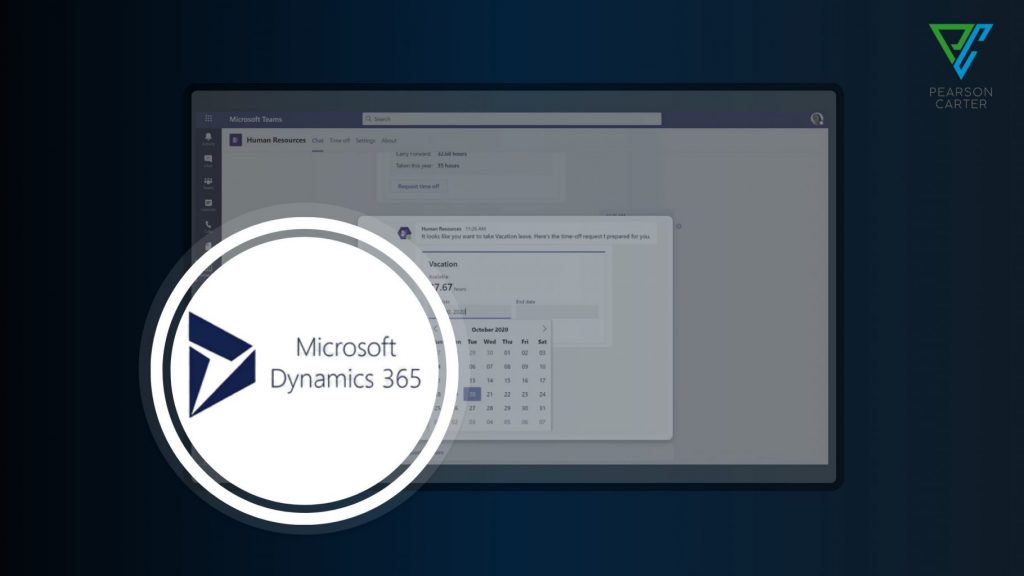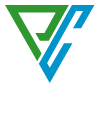X
Upload CV
Why Microsoft Dynamics 365 talent is so in demand in 2025

Microsoft Dynamics 365 is defining how digital transformation works in 2025, and we’re here for it. Across industries, professionals are rebuilding the way their businesses run, and it all points back to how they hunt for Dynamics 365 talent.
Finance & Operations (F&O), Business Central (BC), and Customer Engagement (CE) have become the backbone of modern enterprise systems, powering everything from finance to customer engagement.But with the increased adoption, one issue keeps coming up: there aren’t enough people who actually know how to make Dynamics 365 work the way it should.
Behind every cloud migration, Copilot rollout, and AI integration roadmap, there’s a hiring race playing out in the background. What started as a niche demand for Dynamics specialists has turned into a full-scale talent crunch.
Roles that used to fill in weeks now stay open for months. Salaries are surging.
So how did Microsoft’s most successful business platform create one of the most competitive hiring markets in enterprise tech?
We’ll be answering this question and much more in this article, using insights from our top-tier recruiters and what they’ve experienced in the industry.
1. Post-upgrade projects are flooding the market
Between late 2024 and mid-2025,Microsoft’s retirement of legacy systems, including Dynamics NAV 2015, GP 2015, and CRM 2015, led to a wave of upgrade projects.
With end-of-support deadlines now in effect, companies across manufacturing, retail, and professional services have been racing to complete migrations to Dynamics 365 Finance & Operations (F&O) and Business Central (BC) before risking compliance or security gaps.
But upgrading isn’t as simple as moving data from one system to another. Each migration means you have to rethink how core business processes work, and that requires people who know the platform inside out.
For example, you need Solution Architects to redesign workflows, Functional Consultants to connect the tech to business goals, Developers to manage data and integrations, and not to mention Project Managers who can work with large-scale rollouts.
And that’s where recruiting gets hard.
We’ve had recruiters report that Dynamics professionals with these skills are booked out months in advance.
The shortage has become so widespread that some implementation partners are turning down new projects simply because they can’t staff them.
2. AI and Copilot are redefining skill sets
If you swear by Microsoft, Copilot is something you obviously use. And with Copilot now embedded across the Dynamics 365 suite, it’s completely changing what employers expect from Dynamics professionals.
What this means in practice:
- Consultants who can configure and train Copilot for specific workflows
- Analysts who can interpret AI-driven insights for decision-making
- Developers who understand Power Platform automation
We’ve seen job descriptions evolve almost overnight. “Dynamics 365 F&O Functional Consultant” is being replaced with “Dynamics 365 + AI Process Consultant.”
This shows what companies now expect from professionals: someone who understands how AI fits into ERP and CRM systems alike.
3. Cloud and hybrid work are increasing in demand
Every candidate loves the hybrid work model. So naturally, it’s becoming the standard.
But “hybrid” in 2025 means more than just flexible hours and home offices. It’s about how cloud systems, Dynamics 365, and Microsoft Copilot now connect distributed teams across the world.
And we dug up some neat stats from Microsoft’s latest report that support this notion:
- 82% of executives say this is the year they’re rethinking how their organizations operate.
- 81% expect AI agents to be fully integrated into business operations within the next 12–18 months.
- And 24% of companies have already deployed AI organization-wide, made possible by cloud-first setups that can scale fast.
From what we’re seeing, this shift is driving new demand for Dynamics roles that sit right at the intersection of cloud, data, and AI.
4. The actual problem: hiring experienced Dynamics Talent
It’s no longer just about hiring more Dynamics professionals — it’s about finding the ones who’ve actually been through a full-scale transformation.
Across the UK and Europe, the talent gap isn’t at the entry level; it’s at the senior and mid-level, where experience with AI-driven ERP and CRM rollouts matters most.
Microsoft’s latest Work Trend Index (2025) found that 66% of business leaders plan to increase AI adoption within core operations this year. Yet most say their teams lack the expertise to lead that change.
That’s creating heavy competition for:
- Functional Consultants who can embed Copilot into finance or sales workflows
- Solution Architects who understand both AI and cloud scalability
- Change Managers who can align new systems with evolving hybrid structures
This results in longer hiring cycles and high project risk.
5. What’s *actually* securing top Dynamics 365 talent
Yes, salaries are rising. But that’s not what’s closing offers anymore.
Today’s Dynamics professionals want more than a pay bump; they’re looking for roles that future-proof their careers.
Across recent placements and surveys, three factors consistently come up:
- AI upskilling and Microsoft certification pathways
- Flexible hybrid or remote setups across borders
- Defined career growth, not just contract-to-contract work
Companies offering those benefits are filling roles faster — even when their budgets aren’t the biggest. The market’s shifting toward employers who see AI not just as a tool, but as a talent magnet.
6. What this means for employers
If you’re hiring in 2025, you’re competing in a candidate-driven market.
A few best practices we’re seeing from successful clients:
- Move fast. The best Dynamics 365 talent is off the market within 10 days.
- Organize interviews better. Two rounds maximum. Speed matters more than ever.
- Show project visibility. Candidates want to know the tech stack, team size, and career growth opportunities.
- Leverage specialist recruiters. Generalist agencies can’t tap into Dynamics talent networks effectively (niche expertise counts).
7. What this means for professionals
We’re talking to Dynamics 365 talent here. THIS is your time.
Skills in F&O, CE, and Power Platform are translating into career acceleration.
Consider:
- Getting certified in AI and Power Platform integration
- Building cross-functional experience across modules
- Exploring contract work, daily rates are rising across these industries
Pearson Carter’s network data shows that consultants with multi-module exposure are 35% more likely to secure top-tier offers.
The Takeaway
Microsoft Dynamics 365 is no longer a niche product line. It lays the blueprint of enterprise modernisation.
Every upgrade, every Copilot rollout, every cloud migration creates new demand for skilled professionals.
For employers, the challenge is finding and retaining this talent. For candidates, it’s about choosing the right opportunity to grow with technology.
At Pearson Carter, we help both sides navigate that change — connecting leading Dynamics 365 talent with global organisations driving the next wave of digital transformation.
JOBS BY SECTORS
